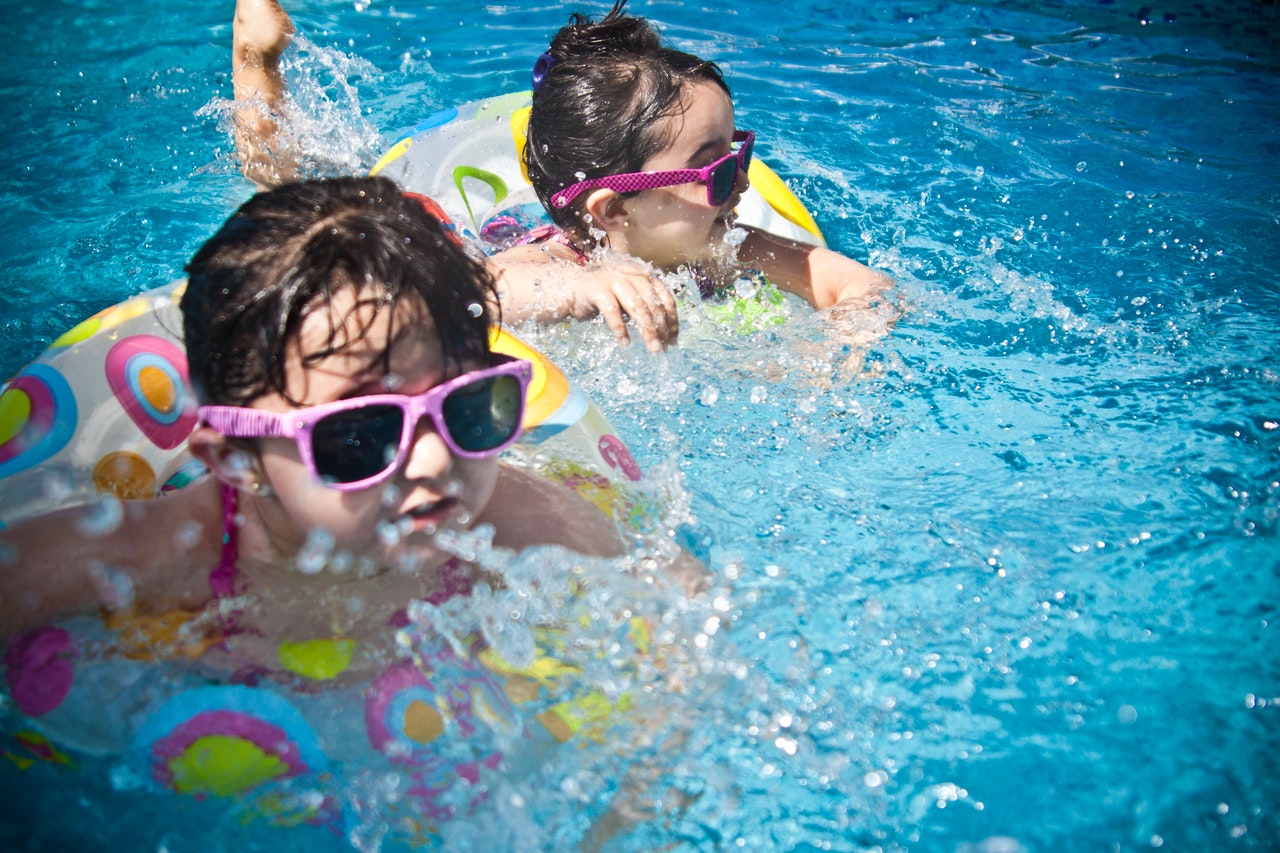Children can benefit a lot from learning how to swim. Swimming is an essential life skill, as it is also a fun thing to do. You might be asking yourself, how can I undertake my kid’s swimming lesson? Or, is it safe for my kid to go swimming? Before starting your kid to learn the skills, this read will offer you all that you need to know as a parent or guardian.
Swimming is a Great Exercise
Being active makes children happy. It also improves their general wellbeing and how they develop into their teenage lives. Parents who are looking to get their children active can try enrolling them in swimming classes. The sport is easy to learn, and it is a way of improving discipline in children. Apart from the numerous physical benefits, there are quite several psychological benefits to swimming. Let us take a look at the importance of swimming to kids.
Benefits of Swimming for Children
- Socializing; it offers an avenue where peers get together for fun. The development of young ones is dependent on socializing and interacting with other children.
- Competition; swimming is a professional sport that one can make a career from. There are also other sports such as kayaking and surfing that relate to swimming.
- Exploration; by going outside for a swim, children can explore nature. Going to swim in natural water bodies will make the experience unforgettable for children.
- It saves lives; when one learns the skill, he/she can save him/herself and others from drowning. It would be best if you were experienced in swimming to save lives.
- Therapy; patients requiring physiotherapy can benefit from swimming as it helps strengthen the joints. The healing process is faster as you swim against the water.
- Leisure time; going for a swim is a great way to spend your free time. Family members can take time at the pool for bonding and spending time with each other.
- Cardiovascular exercises; helps in blood circulation by enhancing the heart’s performance.
- It generates a happy feeling; when swimming, the body releases hormones called endorphins that give a happy feeling. It is useful in relieving stress and pain in the body.
- Builds muscles; although the water resistance may seem minimal, swimming will build muscles. It is a great way to cut calories and tone the body.
What are the Cons?
Every activity has its pros and cons. Here are a couple of things to avoid;
- Cold seasons; swimming during the cold season can expose children to a bad cough due to the cold. Pool that has water heaters are the ideal for the season.
- Allergic reactions; some swimmers might experience asthmatic attacks because of chemicals used in cleaning the pool. It is essential to have a doctor examine and determine if your child is allergic to such chemicals.
- Disease transmission; contaminated pool might cause diseases in users. When there is overcrowding at pools, children can infect each other with contagious illnesses. Choose a clean pool with minimal users during sessions.
Swimming Guidelines as set by the Authorities
- Read and understand instructions when using the pool area. Share the information with the others.
- Kids should swim away from openings and fittings. It helps to avoid them being trapped by them.
- Ensure that you keep the mobile phone nearby in case of emergencies.
- Learn necessary first aid procedures, such as CPR.
- Learn ways of staying safe while in the water.
- Develop skills in swimming that will enhance your safety.
Conclusion
You can never be too cautious with the children. Their safety is a priority for any parent, and it is essential when he/she is out swimming. At all times, ensure that there is an adult who is supervising the kids whenever they are swimming indoors or outdoors. It is a must for the kids to follow the rules and use swimming gear for safety. Be cautious when swimming in lakes and rivers as they don’t like pools.

